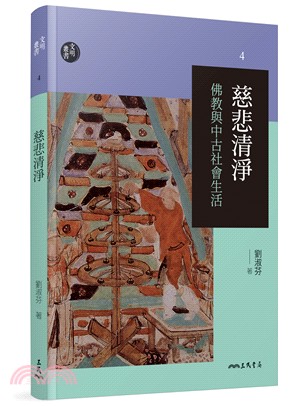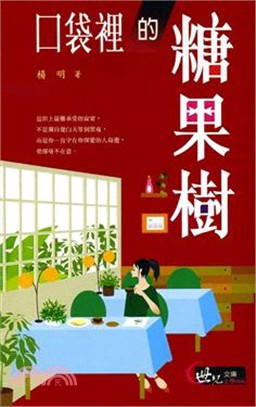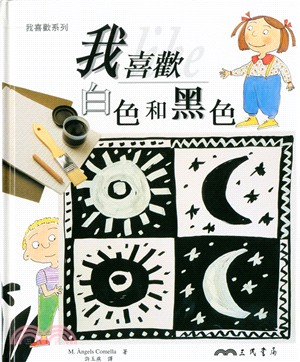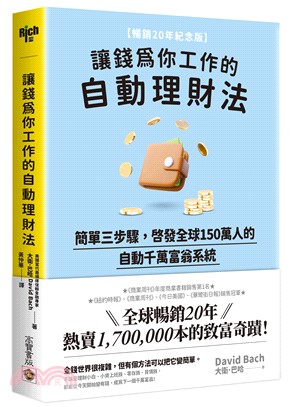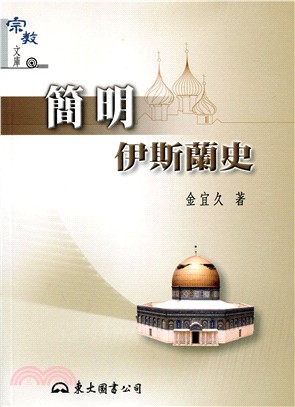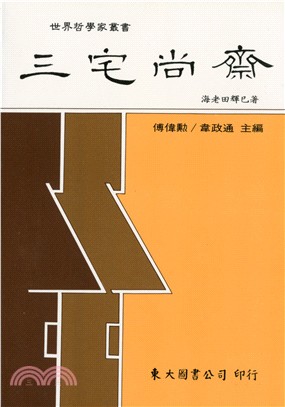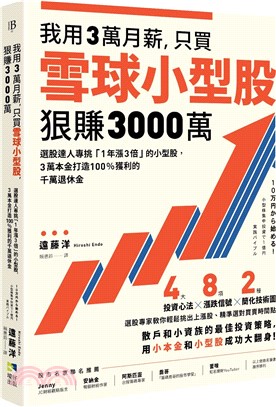Angiotensin-Converting Enzyme Inhibitors (ACEIS), Angiotensin II Receptor Antagonists (ARBS), and Direct Renin Inhibitors for Treating Essential Hypertension ― An Update
商品資訊
定價
:NT$ 1440 元無庫存,下單後進貨(到貨天數約30-45天)
可得紅利積點:43 點
相關商品
商品簡介
商品簡介
Almost 75 million American adults—approximately one-third—have hypertension. The prevalence of hypertension increases with advancing age such that more than half of people 55 to 74 years old and approximately three-fourths of those age 75 years and older are affected. In addition to being the primary attributable risk factor for death throughout the world, hypertension results in substantial morbidity because of its impact on numerous target organs, including the brain, eyes, heart, arteries, and kidneys. Despite the high rates of morbidity and mortality attributable to hypertension, control of the condition remains suboptimal. In addition to several effective nonpharmacological interventions—including diet, exercise, and control of body weight—many people require antihypertensive medication to lower blood pressure. Among the many choices in antihypertensive therapy, some of the most common are those aimed at affecting the renin-angiotensin-aldosterone (renin) system. The renin system is an important mediator of blood volume, arterial pressure, and cardiac and vascular function. Components of this system can be identified in many tissues, but the primary site of renin release is the kidney. The renin system can be triggered by sympathetic stimulation, renal artery hypotension, and decreased sodium delivery to the distal tubule. Through proteolytic cleavage, renin acts on the oligopeptide substrate angiotensinogen to produce the decapeptide angiotensin I. In turn, two terminal peptide residues of angiotensin I are removed by the angiotensinconverting enzyme (ACE) to form the octapeptide angiotensin II. Angiotensin II acts directly on the resistance vessels to: increase systemic vascular resistance and arterial pressure; stimulate the adrenal cortex to release aldosterone, which leads to increased sodium and water reabsorption and potassium excretion; promote secretion of antidiuretic hormone, which leads to fluid retention; stimulate thirst; promote adrenergic function; and increase cardiac and vascular hypertrophy. Therapies aimed at modifying the renin system have been used extensively for treatment of hypertension, heart failure, myocardial infarction, diabetes, and renal disease. Currently, three classes of drugs that interact with this system are used to inhibit the effects of angiotensin II: the angiotensin-converting enzyme inhibitors (ACEIs), the angiotensin II receptor blockers/antagonists (ARBs), and the direct renin inhibitors. ACEIs block the conversion of angiotensin I into angiotensin II; ARBs selectively inhibit angiotensin II from activating the angiotensin-specific receptor (AT1); and direct renin inhibitors block the conversion of angiotensinogen into angiotensin I. This review summarizes the evidence on the comparative long-term benefits and harms of ACEIs, ARBs, and direct renin inhibitors, focusing on their use for treating essential hypertension in adults. In that analysis, investigators assessed the conclusions from the original comparative effectiveness review, performed a limited literature search of potentially new evidence, and solicited expert opinions concerning the state of the evidence and validity of the original report. Key Questions addressed are: Key Question 1. For adult patientsa with essential hypertension, how do ACEIs (angiotensin-converting enzyme inhibitors), ARBs (angiotensin II receptor antagonists), and direct renin inhibitorsb differ in blood pressure control, cardiovascular risk reduction, cardiovascular events, quality of life, and other outcomesc? Key Question 2. For adult patients with essential hypertension, how do ACEIs, ARBs, and direct renin inhibitors differ in safety, adverse events,tolerability, persistence with drug therapy, and treatment adherence?
主題書展
更多
主題書展
更多書展本週66折
您曾經瀏覽過的商品
購物須知
外文書商品之書封,為出版社提供之樣本。實際出貨商品,以出版社所提供之現有版本為主。部份書籍,因出版社供應狀況特殊,匯率將依實際狀況做調整。
無庫存之商品,在您完成訂單程序之後,將以空運的方式為你下單調貨。為了縮短等待的時間,建議您將外文書與其他商品分開下單,以獲得最快的取貨速度,平均調貨時間為1~2個月。
為了保護您的權益,「三民網路書店」提供會員七日商品鑑賞期(收到商品為起始日)。
若要辦理退貨,請在商品鑑賞期內寄回,且商品必須是全新狀態與完整包裝(商品、附件、發票、隨貨贈品等)否則恕不接受退貨。














